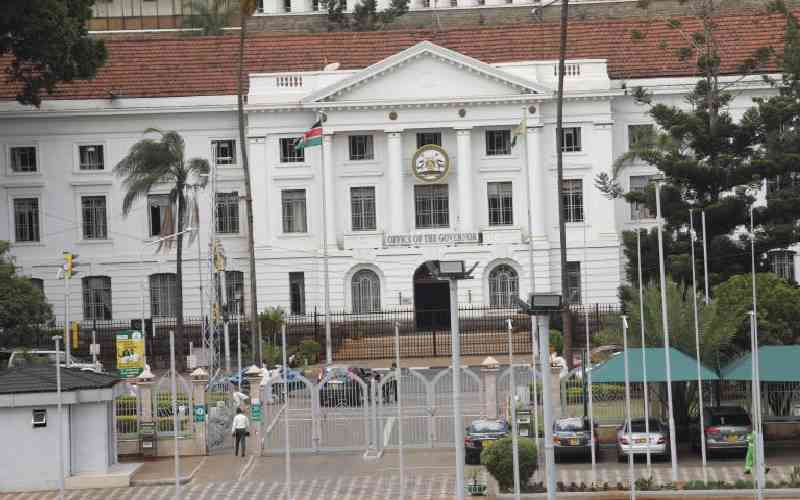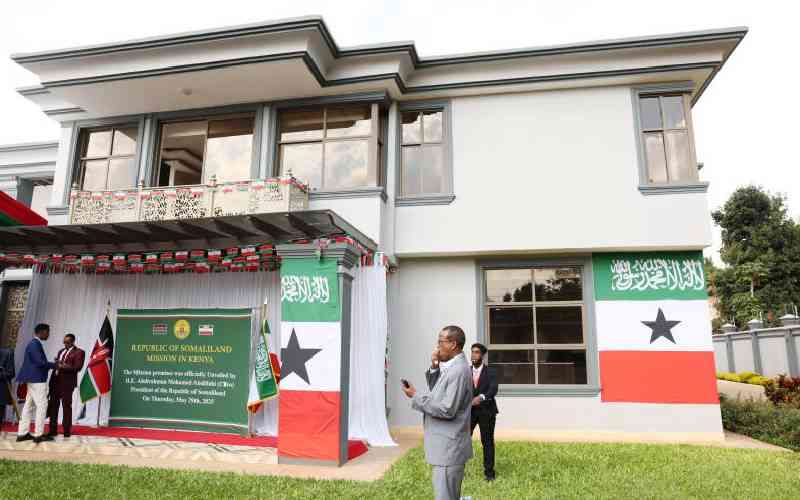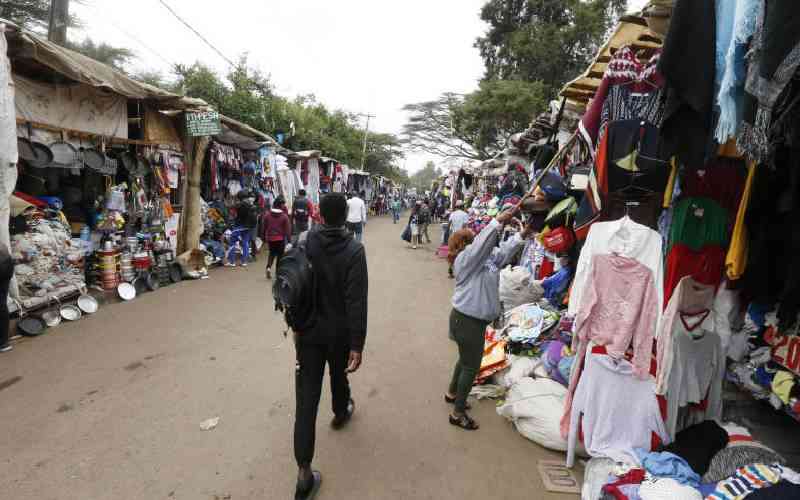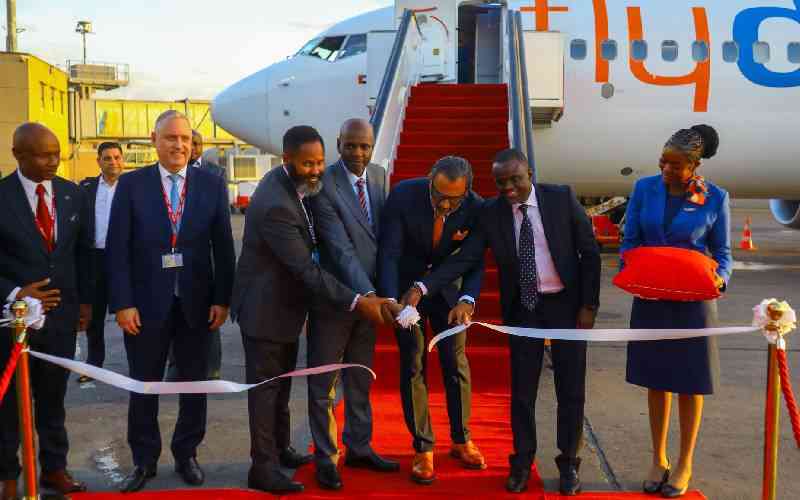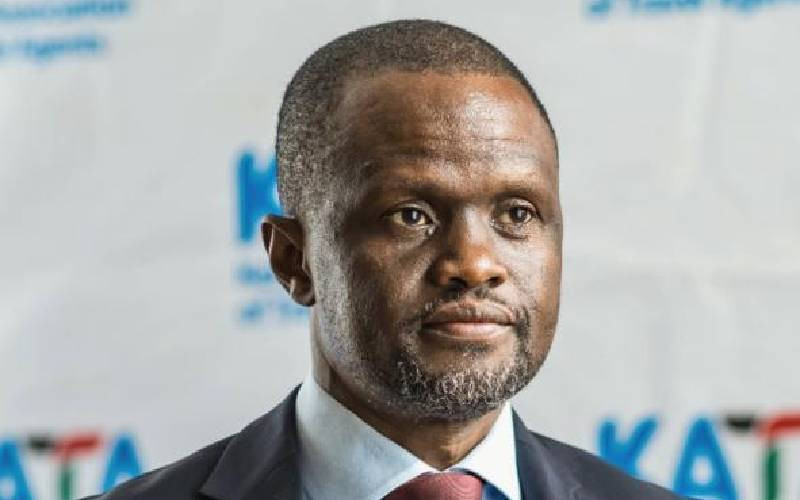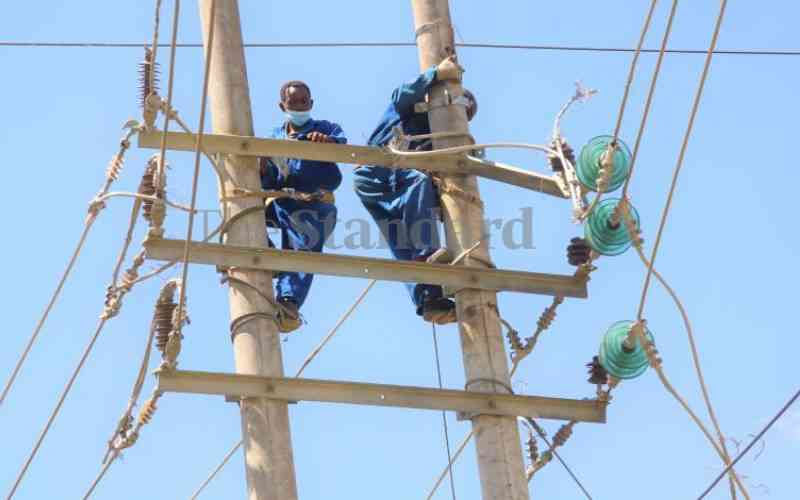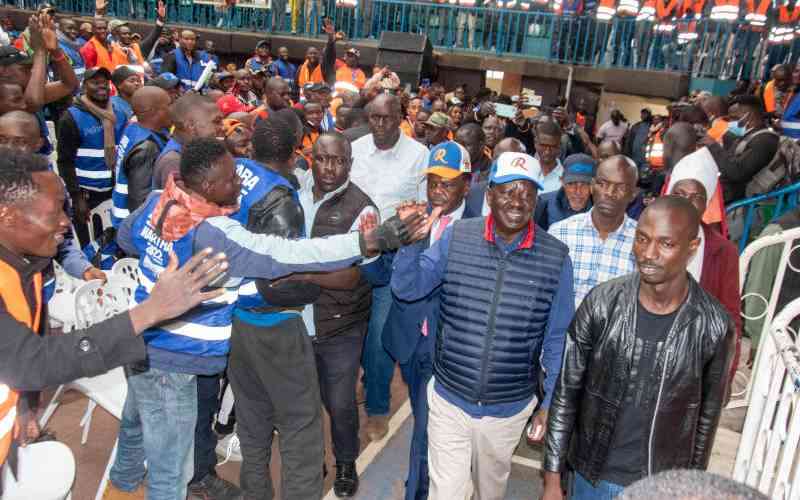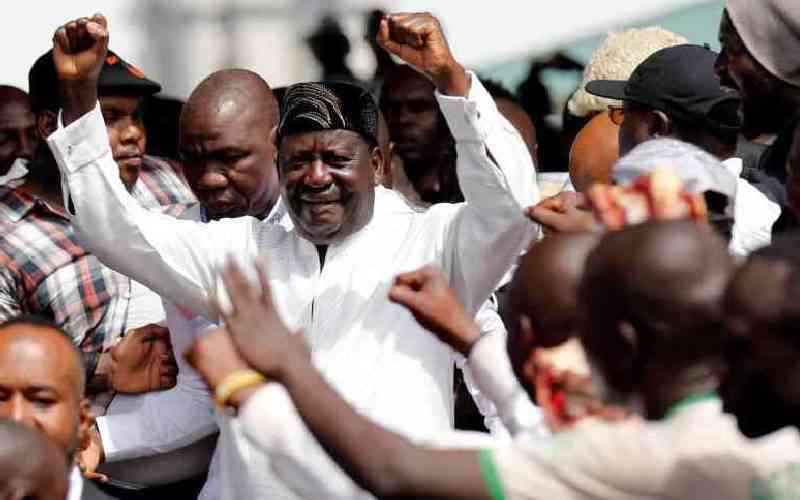
Five days ago, I arrived in Mombasa, a city whose rhythm is shaped by the sea, the scent of salt, and the quiet resilience of its people. I came seeking rest, reflection and writing inspiration, hoping to momentarily escape the noise of political disillusionment back home in Zimbabwe. But within three days, the news broke: Raila Amolo Odinga, Kenya’s revered former Prime Minister, had passed away in an Indian hospital.
The timing felt surreal, almost symbolic. Here I was, a Zimbabwean visitor in a coastal city steeped in history, suddenly swept into the collective mourning of a nation bidding farewell to one of Africa’s most consequential statesmen.
Raila’s death stirred something deep within me, not merely as an observer of African politics, but as someone who has long admired his courage, his intellect, and his unyielding commitment to reform. Known affectionately as Baba and Agwambo, Raila was more than a politician, but a symbol. To the Luo people, his ethnic kin, he was a patriarch and a firebrand, and to the average Kenyan, he was a unifier, a reformist and an influential pro-democracy champion. In my view, his legacy is etched into the very architecture of Kenya’s political evolution.
A continental blueprint
As a Zimbabwean, I cannot help but reflect on the profound influence Raila had on our own political landscape. In 2009, Zimbabwe entered a Government of National Unity, a fragile but necessary arrangement that bore the fingerprints of Raila’s counsel. The late Morgan Tsvangirai, our opposition leader at the time, reportedly spent hours on the phone with Raila, seeking guidance on navigating the treacherous waters of power-sharing and constitutional reform. Raila’s insights, drawn from his own experience in Kenya’s tumultuous political terrain, helped shape the contours of Zimbabwe’s brief experiment with inclusive governance.
Yet today, Zimbabwe’s opposition movement lies in disarray. In the last three years, it has become increasingly disjointed, lacking both ideological clarity and strategic cohesion. The current crop of opposition leaders seems to have lost the compass that once pointed toward democratic renewal. Raila’s legacy, his sacrifices, his strategic endurance, should have been a blueprint. Instead, it feels like a forgotten manuscript gathering dust in the archives of missed opportunities.
Beyond borders: Raila’s Pan-African echo
Odinga’s influence extended far beyond Kenya and Zimbabwe. In Zambia, opposition movements drew inspiration from his ability to galvanise mass support and challenge entrenched systems. In Uganda, youthful leaders like Bobi Wine echo Raila’s defiance, though without the institutional scaffolding that Raila painstakingly built over decades. His international stature was undeniable; he was a frequent guest at global forums, a respected voice in Pan-African dialogues, and a symbol of democratic resilience.
Still, like many African leaders, Raila leaves behind a mixed legacy. His tribal leanings and the political violence occasionally condoned by his supporters, predominantly from his Luo ethnic group, cannot be ignored. These are uncomfortable truths, but they are part of the full portrait. Leadership, especially in Africa, is rarely without contradiction. Raila’s ability to pacify and extinguish political volatility during Kenya’s most tumultuous periods, particularly in the lead-up to the Government of National Unity, stands as a testament to his strategic brilliance and his commitment to national stability.
The people’s mourning
During my time in Mombasa, I spoke with a tuk-tuk driver, a member of the Luo tribe, who spoke of Raila with glowing admiration. “He was our voice,” he said. “He made us believe we mattered.” His words were not rehearsed; they were heartfelt. This national mourning, this collective embrace of Raila’s legacy, is a lesson to other African countries. In Zimbabwe, the late Morgan Tsvangirai was denied full recognition by the sitting government. In Uganda, Bobi Wine continues to face systemic marginalisation. Raila’s passing shows that opposition leaders, when embraced by the people, deserve state recognition, not state erasure.
Lessons for the future of opposition politics
Raila’s life was a masterclass in sacrifice, strategic pivots, and the relentless pursuit of democratic reform. He understood that credibility is earned through suffering, that leadership requires both defiance and diplomacy, and that movements must be built on institutions, not personalities. Yet, like many of his peers, Raila did not leave behind a clear succession plan. He did not write memoirs to guide future generations. This absence is not just a personal oversight; it is a continental crisis. Without institutional memory, opposition movements risk becoming ephemeral, vulnerable to fragmentation and co-optation.
Africa’s opposition leaders must learn from Raila’s playbook, not just his firebrand rhetoric, but his long game. They must build movements that outlive their charisma, invest in civic education, and cultivate leadership pipelines. They must resist the temptation to become messianic figures and instead become architects of democratic continuity.
A personal reflection
Stay informed. Subscribe to our newsletter
As I reflect on Raila’s life, I think of Izzy and Penny, my young daughters, young minds who will one day inherit the continent we shape today. Raila’s Odinga’s story is a lesson in leadership, resistance, and African political history. It is a tale of how one man, armed with conviction and community, can bend the arc of history. It is also a cautionary tale: the absence of continuity leaves movements exposed. Izzy and Penny must learn that leadership is not just about charisma, it is about legacy.
Like most of us, Raila Odinga was not perfect. But he was necessary. He was the kind of leader whose imperfections were outweighed by his impact. His death is not just a Kenyan loss; it is an African moment of reckoning. As we mourn Baba, let us also mourn the missed opportunities to learn from him, to emulate him, and to institutionalise his wisdom. May his legacy be a mirror to our failures and a map to our future.
The writer is a Zimbabwean built environment professional, pan-African analyst, writer, and interdisciplinary educator
